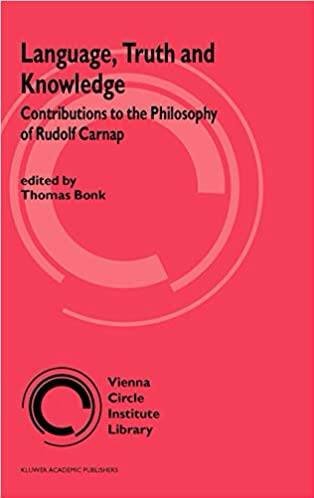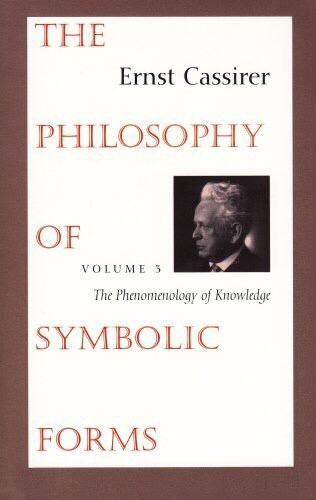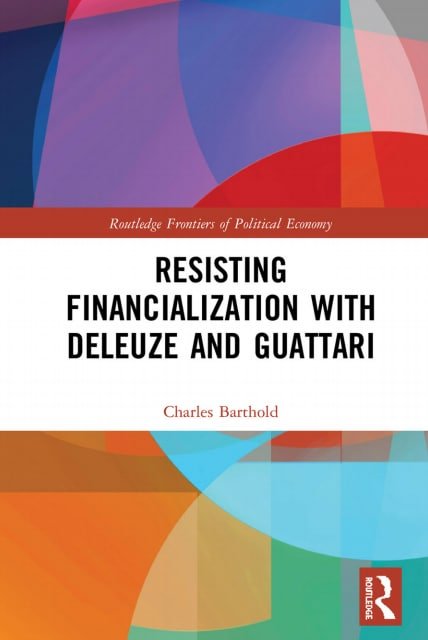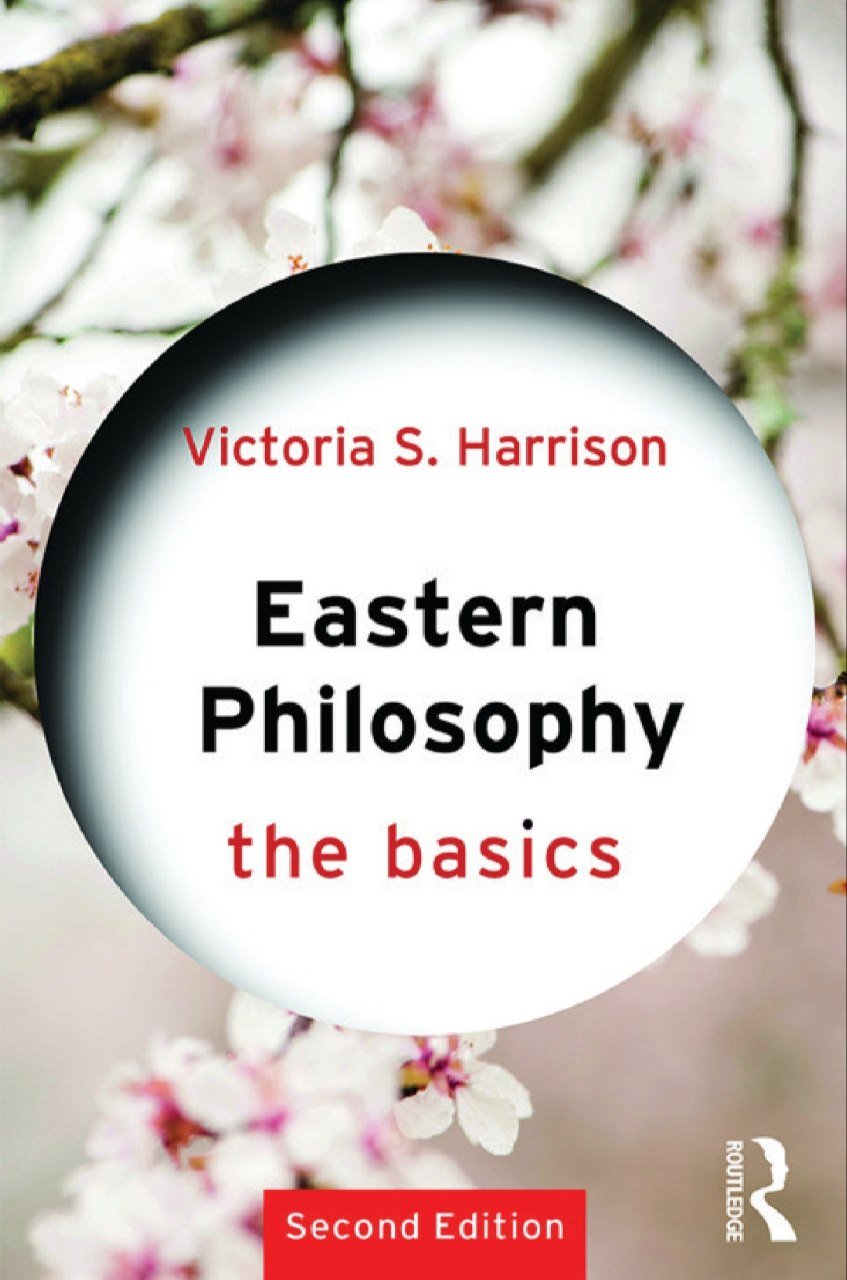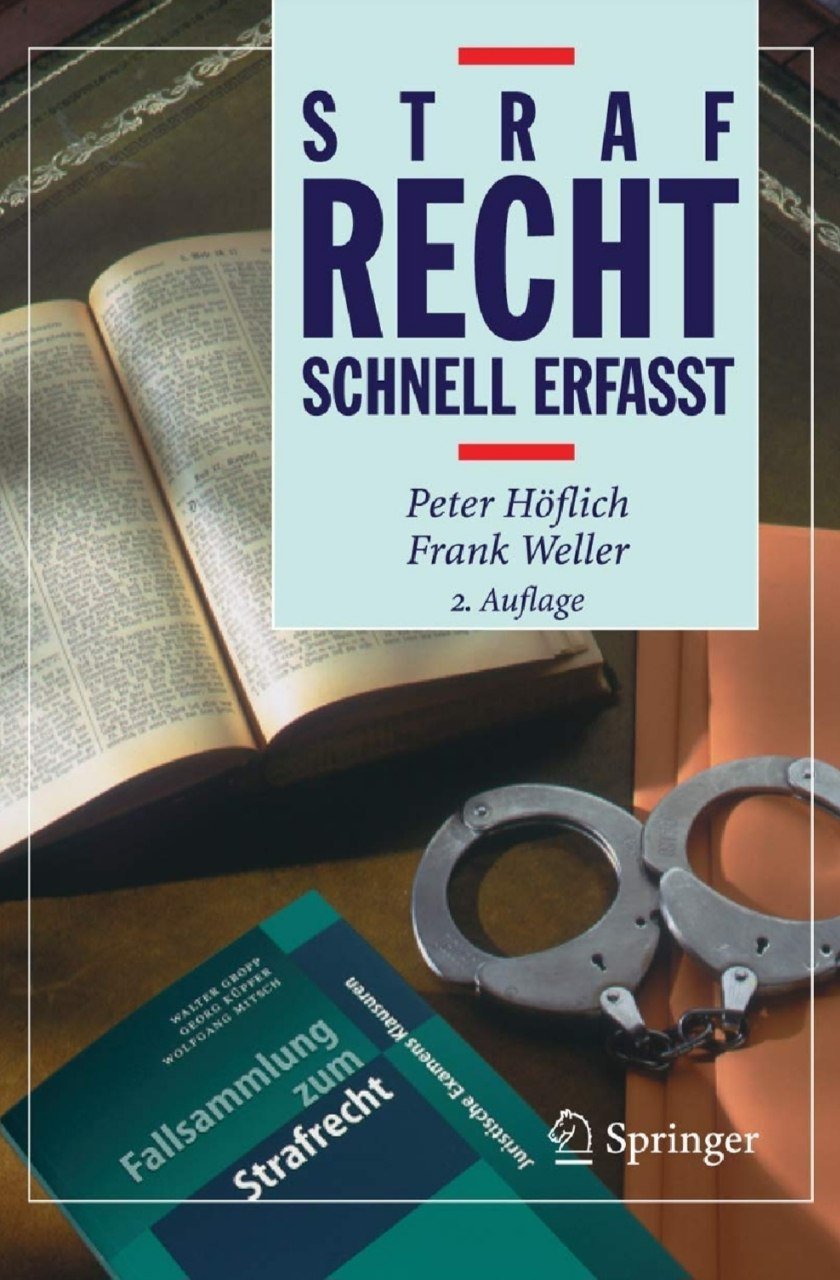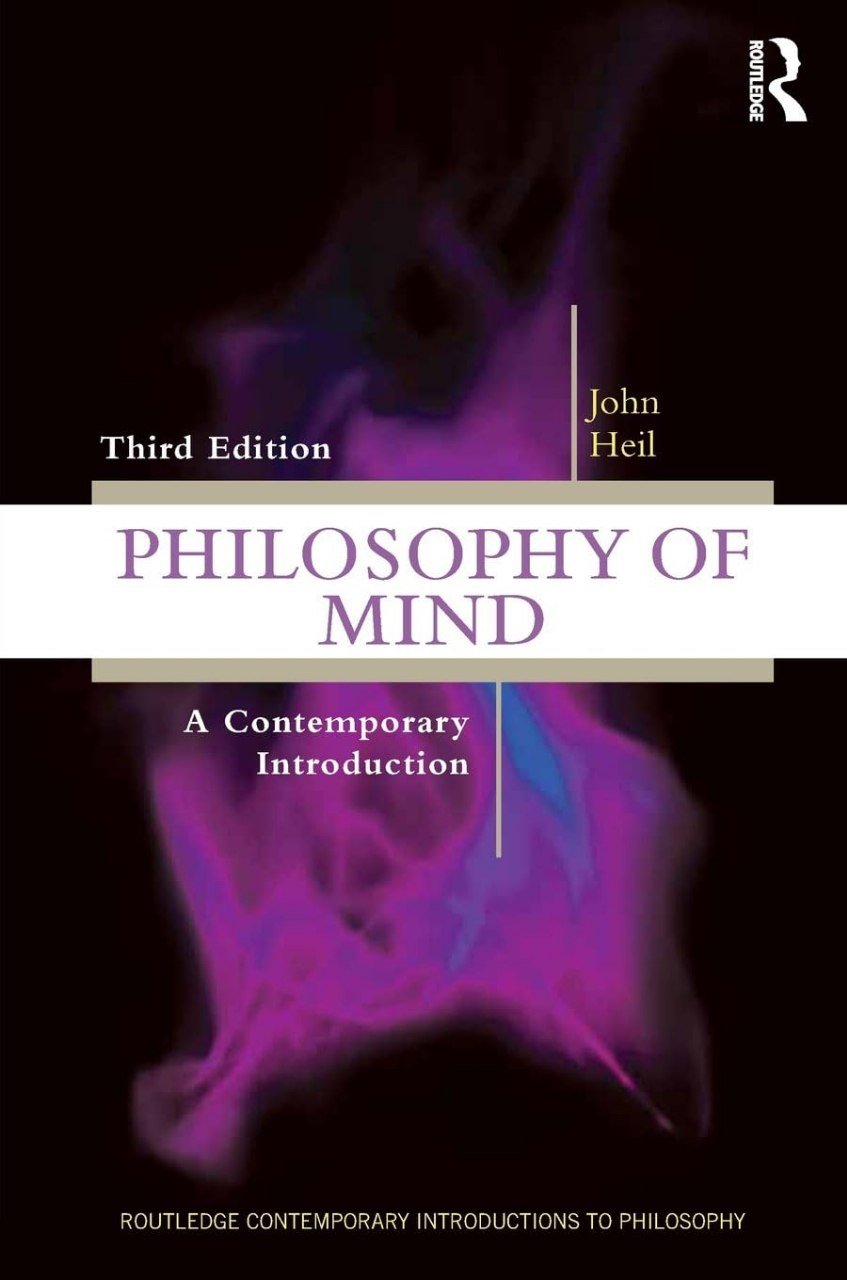

Psychedelic Refugee by Rosemary Woodruff Leary
Reviews
No review yet. Be the first to review this book!
Description
Psychedelic Refugee: The League for Spiritual Discovery, the 1960s Cultural Revolution, and 23 Years on the Run by Rosemary Woodruff Leary Psychedelic Refugee is the captivating memoir of Rosemary Woodruff Leary, who was not only the wife of famed psychologist and psychedelic advocate Timothy Leary but also a pivotal figure in the countercultural and psychedelic movements of the 1960s and 1970s. This memoir offers an intimate, firsthand account of life at the epicenter of the psychedelic revolution, chronicling the heady days of consciousness expansion, political activism, and the extraordinary lengths to which she went to maintain her freedom. Rosemary’s story begins with her early life and her initial encounters with the psychedelic scene through Timothy Leary and the League for Spiritual Discovery (LSD). She recounts their time at Millbrook, a sprawling estate in upstate New York, which became a sanctuary for those experimenting with LSD as a tool for spiritual awakening and personal liberation. The community at Millbrook represented a fusion of Eastern mysticism, Western psychology, and a desire to break free from the constraints of mainstream society. As the U.S. government intensified its crackdown on psychedelic substances and their proponents, Rosemary and Timothy found themselves under constant surveillance and legal threat. After Timothy Leary’s dramatic escape from prison, aided by the Weather Underground and the Black Panther Party, Rosemary’s life became a complex and dangerous odyssey. She spent over two decades on the run, living in exile across multiple countries—Switzerland, Afghanistan, Algeria, and elsewhere—often under assumed identities. Throughout the memoir, Rosemary reflects on the personal and political upheavals of the era. She describes her close interactions with other countercultural icons, including Allen Ginsberg, Richard Alpert (later Ram Dass), and figures in radical political movements. Her narrative is a revealing lens into the philosophical underpinnings of the psychedelic movement, which combined idealistic visions of a transformed society with the harsh realities of political repression. Despite living as a fugitive, Rosemary presents herself not as a victim but as an autonomous, deeply thoughtful participant in a revolutionary moment. Her story weaves themes of freedom, love, loyalty, and the costs of defying the establishment. She offers an unvarnished account of the highs and lows of her life, marked by moments of profound spiritual insight as well as fear, loneliness, and disillusionment. Psychedelic Refugee is more than just an adventure tale or political memoir. It’s a testament to personal resilience and the enduring quest for spiritual truth. Rosemary’s voice is reflective and compassionate, bringing depth and humanity to a story often overshadowed by Timothy Leary’s more public persona. For readers interested in the history of psychedelics, the 1960s counterculture, feminist perspectives on the era, or the personal cost of living on society’s fringe, this memoir offers a poignant and engaging narrative. It captures a unique chapter in cultural history through the eyes of a woman who lived its most radical and transformative moments.
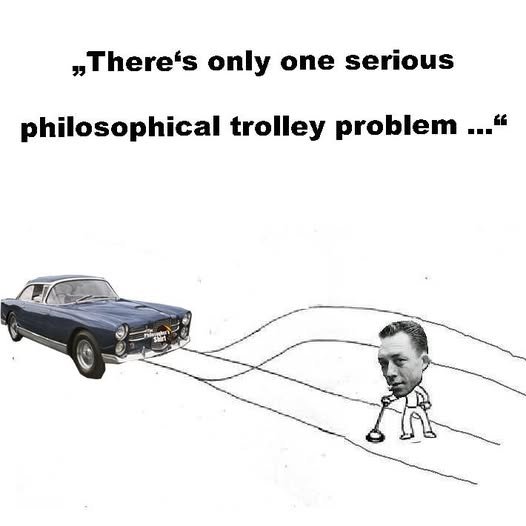
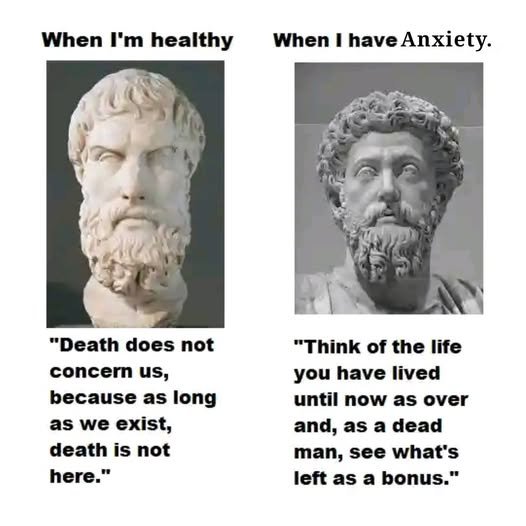






























.jpg)



.jpeg)




.jpg)





.jpg)


.jpg)


.jpg)











.jpeg)



.jpeg)


.jpg)
.png)








.jpeg)
.jpg)



.jpeg)


.jpg)





